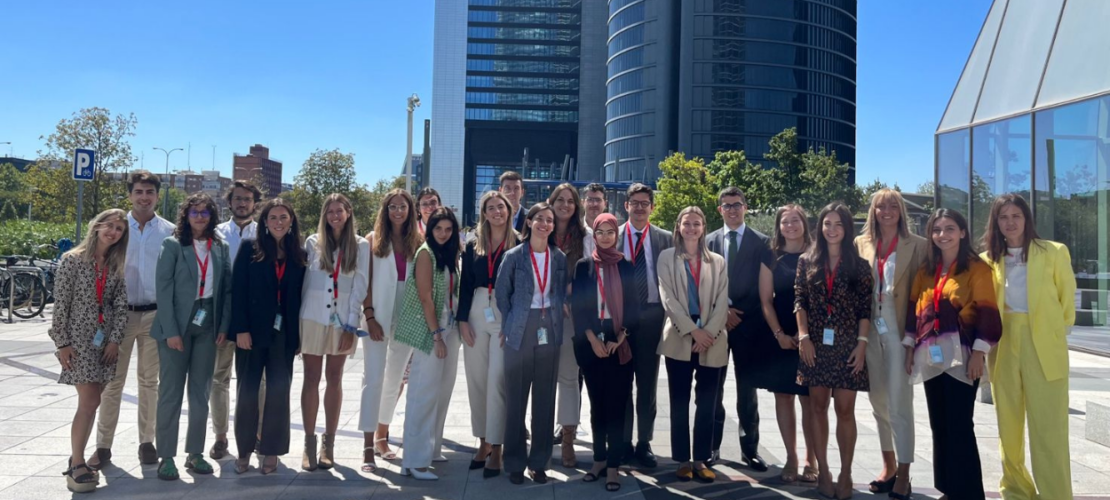Innovation is an attitude
by ilaria iaquinta
Whether resulting from the far-sightedness of leaders or from necessity, innovation is also permeating the legal profession. The choice for lawyers is to ride the wave or be swept away by it. They can either wait for the drivers of change to come from above or they can develop an open mindset that helps them understand when innovation is needed.
It is important to be careful not to fall into the pitfall according to which innovation only depends on the adoption of new technologies. Indeed, to innovate means, more generally, to change things so as to improve them, to find more effective ways of addressing team or client needs. And furthermore, digital transformation projects can fail if the technology solutions add complexities instead of simplifications.
How can one successfully innovate? By starting with a purpose. For example, by solving a problem, by improving processes or by adding value to the team. The first step is to identify the problem, then move on to designing the possible solutions. It requires mental clarity, but also open-mindedness. Innovation, indeed, must be seen as a process that can be adjusted as it runs and gives results in the long term. For innovation to happen, everyone must welcome it and want it. That is why it is necessary to know and understand it, so as to map its risks and potential pitfalls.
One must learn to navigate the change underway, bearing in mind that a changing world always offers opportunities to rethink and reshape what is being done. Looking at the things one does from new angles or considering new connections can be helpful.
To face the change and innovation challenges, it can also be useful to: deepen the knowledge of the market (what other law firms and alternative legal service providers offer), recruit suitable people to develop a specific innovation journey (some law firms are already doing this), understand the synergies that can be achieved with in-house legal departments, monitor constantly the quality of the legal service provided with respect to clients’ demands and expectations. There is another fundamental and transversal factor: the relationship with people. It may seem basic, but it is an element that most of the time one tends to underestimate. Strength is in the team, not in the free agent. Goals are easier to achieve when shared.
Innovation is essential to keep up with change. And to these, as Darwin taught us, one must adapt. The market changes and adopting a new operating model is imperative. Technology can certainly help. But it is not enough. What is needed is careful direction that, in addition to considering how to streamline certain activities, does not forget to make the most of its resources. It is necessary to challenge perspectives and look for new ways of doing things. The bolder, more far-sighted and far-reaching the innovations, the greater the value of law firms will be.
This issue focuses on innovation. We talk about the Metaverse, sharing the views of two law firms that have opened their offices in the virtual universe and the intentions of the major law firms of the Iberian Peninsula with respect to this path. We talk about innovations on the legal front such as the guidelines on use of algorithms in the labour environment published by the Spanish Ministry of Employment and Social Security and on a judge’s decision in Portugal against the immigration authority SEF destined to become case law, or looking abroad, the decision of the UK to allow blockchain-based legal proceedings and in Italy the initiative to certificate in-house counsel to enhance and train the figure and role of the corporate lawyer. Innovation also permeates the project we report on in the video column “Ten Questions to…”: the general counsel of Enel and Endesa tell Iberian Lawyer about their involvement in a new United Nations Global Compact innovative project on sustainability, which explores the potential of a global network of chief legal officers aimed at transforming corporate governance by connecting it to public governance with the objective of defining operational rules on sustainability valid all over the world.












